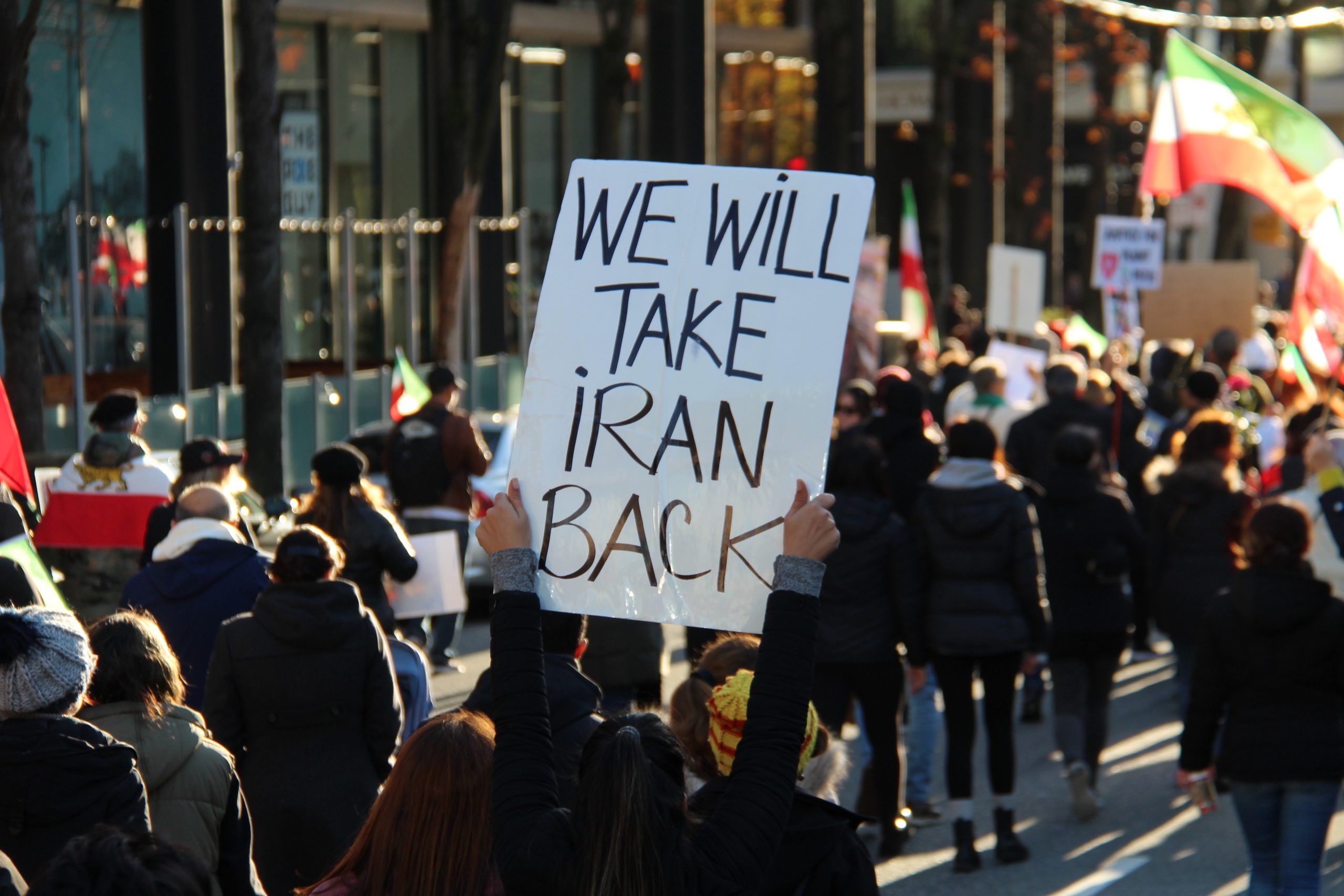The recent decision by the United Nations to extend a special investigation into human rights violations in Iran marks a significant moment in international diplomacy and humanitarian advocacy. This action is not merely a procedural continuation but rather a profound statement of global concern over the human rights situation in Iran. For the Bahá’í community, which has faced systemic discrimination and persecution over many years, this development resonates deeply with the core teachings and principles that underscore the importance of justice, equality, and the dignity of every human being.
The Bahá’í teachings fundamentally promote the oneness of humanity and emphasize the necessity for all individuals to be treated with fairness and equity, regardless of their background or beliefs. This awareness is particularly pertinent in the context of Iran, where Bahá’ís have historically experienced egregious violations of their rights, including imprisonment, economic disenfranchisement, and ostracism. Therefore, the UN’s renewed focus on human rights in Iran can be seen as an affirmation of these teachings, as it calls for a reassessment of policies and actions that contribute to the suffering of marginalized groups.
One of the core tenets of the Bahá’í faith is the belief in the equality of all people. This principle challenges the injustices present in societies where discrimination based on religion, gender, ethnicity, or other identities leads to widespread inequities. The extension of the UN investigation invites a reconsideration of global attitudes towards such discrimination and speaks to the urgency of fostering an inclusive society. The Bahá’í perspective encourages individuals and nations alike to embody the qualities of compassion and solidarity, particularly towards those who are less fortunate or oppressed.
Moreover, the UN’s decision highlights the broader implications of human rights violations that extend beyond the borders of any single country. It brings to light the interconnectedness of humanity, a notion prevalent in Bahá’í teachings. Each act of injustice not only affects the victims but also diminishes the collective spirit of society. When individuals are deprived of their rights, it impedes the progress and enrichment of all. Thus, addressing human rights concerns in Iran and elsewhere fosters a more just and equitable global community.
In recent years, international focus on Iran has intensified amid reports of governmental repression, censorship, and authoritarianism. The Bahá’ís in Iran have become emblematic of the struggles faced by religious minorities, subject to a range of discriminatory practices. The need for a special investigation by the UN underscores a shift in perspective — a growing recognition that systematic repression cannot be overlooked and that the voices of those affected demand to be heard. In this light, the teachings of the Bahá’í faith encourage not only advocacy but also proactive engagement in efforts to remedy these injustices.
Furthermore, this renewed commitment to investigating human rights violations offers an opportunity for dialogue and reflection. The Bahá’í principles advocate that true peace can only be achieved through understanding and cooperation among different peoples and nations. As the UN engages with the issue, there is potential to foster a collaborative spirit that transcends ideological divides. The call to action extends beyond political boundaries, urging individuals and communities to cultivate an ethos of respect and empathy towards all, fostering a path towards reconciliation and healing.
The UN’s special investigation serves to remind the world that human dignity is a universal right, transcending borders and cultural differences. The Bahá’í teachings convey that each person’s inherent dignity must be recognized and respected. By championing human rights, the global community not only fulfills its ethical obligation but also enriches the tapestry of human civilization. Such awareness is crucial in dismantling the barriers that perpetuate discrimination and violence.
In contemplating the future, it is essential for advocates, policymakers, and individuals inspired by justice to remain resolute in their efforts. The Bahá’í faith emphasizes the role of education and the dissemination of knowledge in elevating societal consciousness. By shining a light on the plight of the Iranian people, particularly the Bahá’ís, there is hope for a transformative shift in perspective. This ongoing investigation is a crucial step toward fostering accountability and transparency — hallmarks of a just society.
As the world turns its gaze upon Iran, it is vital to remember the resilience and courage of those who stand for their rights. The stories of individuals who bravely confront oppression serve as powerful reminders of the human spirit’s tenacity. Their experiences beckon a call to action, urging the global community to support the pursuit of justice and equity. The UN’s unwavering commitment to investigating and addressing these human rights violations represents not just a bureaucratic measure, but a profound affirmation of the values that unite us all as members of the human family.
Ultimately, the continuation of the UN’s special investigation into human rights violations in Iran offers a pivotal moment for introspection and commitment to action. It rekindles hope for those affected by oppression and invites all individuals to engage with the profound teachings of the Bahá’í faith. By embodying principles of justice, equity, and compassion, we can collectively forge a path towards a brighter future — one where the rights of every individual are upheld, and the dignity of humanity is celebrated. The journey towards universal justice requires enduring patience and unwavering resolve; it is a shared responsibility that calls for us to rise together in defense of those whose voices yearn to be heard.
